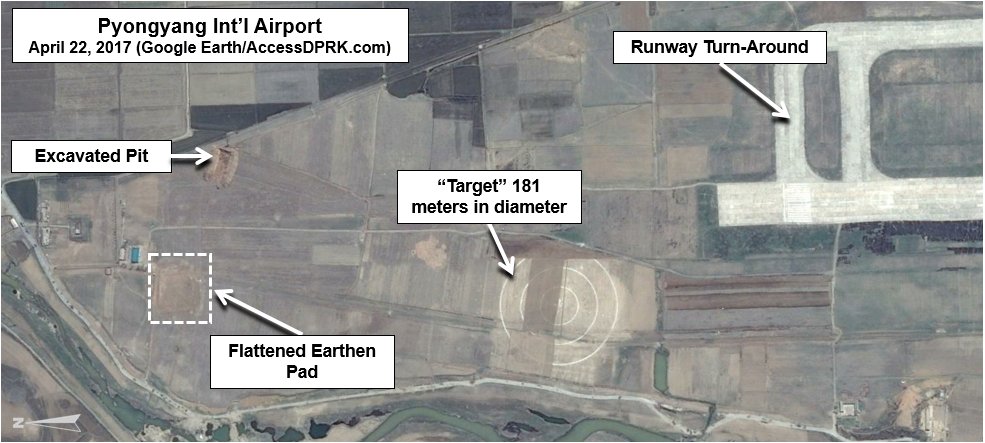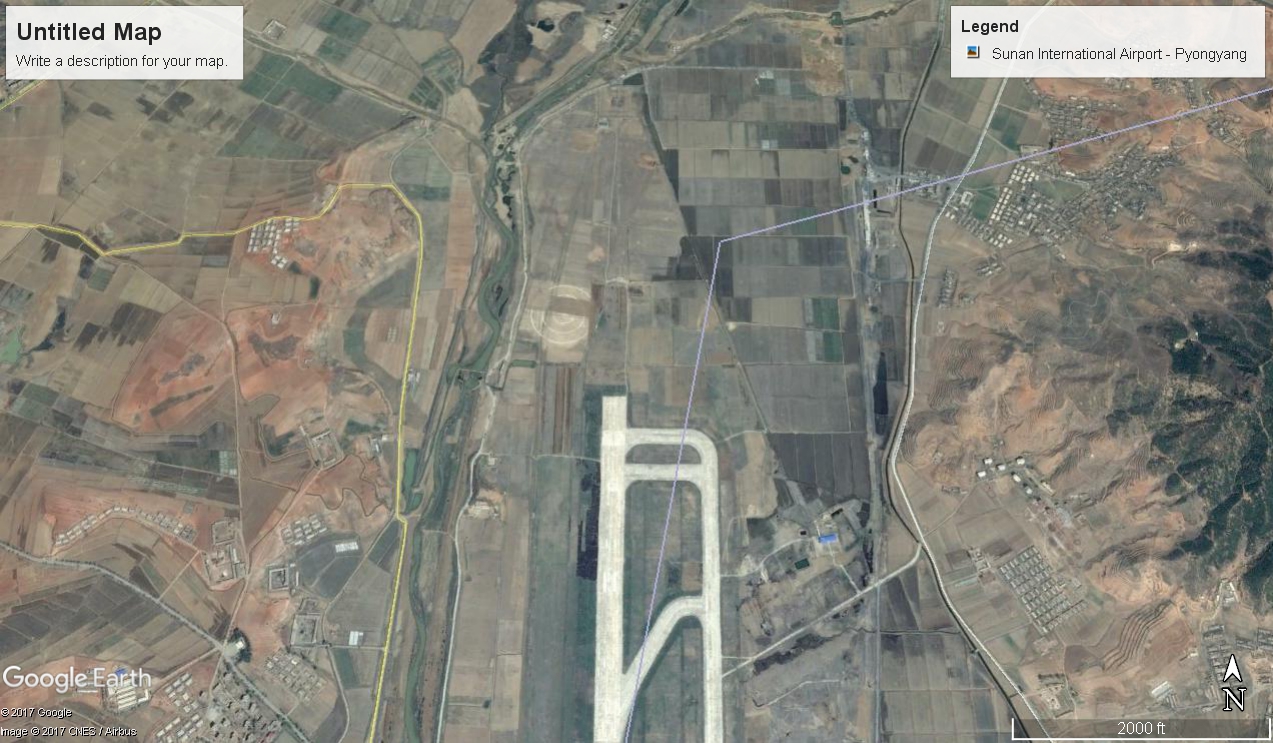Hey China…what gives? France, you have a call holding on line 4.
None of this would have been in Obama’s, Hillary’s or John Kerry’s emails? Hillary did not use ANY official government email platform…just say’n.
John Kerry under the instruction of the Obama White House negotiated the Joint Plan of Action with Iran on the nuclear development program. Purposely many things were overlooked including the nefarious activities between Iran and North Korea.
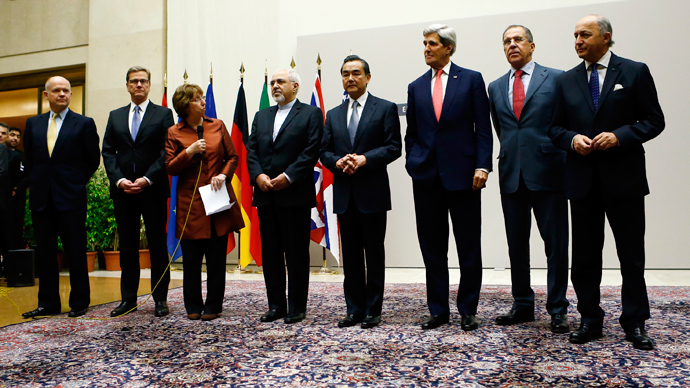
Imagine the developments are cables since 2009.
Countries that were part of the long negotiations were the P5+1, which included:
France, Germany, and the United Kingdom (the EU3) also offered Iran several proposals to resolve the nuclear issue during negotiations with Iran in 2004 and 2005. China, Russia, and the United States joined the three European countries in 2006 to offer “P5+1” proposals to Iran.
North Korean front companies operate inside China with impunity.
The extent of Chinese companies’ role in enabling North Korea’s evasion of sanctions is detailed deep in the fine print of the still unpublished 105-page report. For instance, North Korea’s Daedong Credit Bank (DCB) and Korea Daesong Bank, both subject to U.S. and U.N. sanctions, continue to operate in the Chinese cities of Dalian, Dandong, and Shenyang in violation of U.N. resolutions. The panel suspects that one of the banks, Daedong, may in fact be majority-owned by Chinese shareholders, citing July 2011 documents indicating the sale of a controlling stake, 60 percent, to a Chinese firm. More here.
So, when it comes to France, what did they know via the MTCR?
Background
Formal discussions on controlling missile proliferation began in 1983 among France, Germany, Italy, the United Kingdom, and the United States. They were later joined by Canada and Japan, and in 1985, an interim agreement to control the proliferation of nuclear-capable ballistic missiles, including dual-use missile items, was reached. A nuclear-capable missile was defined as one capable of delivering at least 500 kilograms (kg) to a range of 300 kilometers (km) or more. The G-7 States formally announced the Missile Technology and Control Regime (MTCR) on 16 April 1987.
Since then, membership has expanded to the present 34 States, the additional members being Argentina, Australia, Austria, Belgium, Brazil, Bulgaria, Czech Republic, Denmark, Finland, Greece, Hungary, Iceland, Ireland, Luxembourg, The Netherlands, New Zealand, Norway, Poland, Portugal, Republic of Korea, Russian Federation, South Africa, Spain, Sweden, Switzerland, Turkey and Ukraine. Some other States, including China, India, Israel, Romania, and Slovakia, have pledged to abide by the MTCR Guidelines.
Regime Goal
The regime goal is to limit the risks of proliferation of weapons of mass destruction (i.e. nuclear, chemical and biological weapons) by controlling the transfers that could make a contribution to delivery systems (other than manned aircraft) for such weapons.
Regime Guidelines
The regime guidelines consist of national control laws and procedures; a two-category common control list; information-sharing on any denied cases to ensure no commercial advantage; no impediment to national space programs; presumption of denial of any transfers in terms of nuclear weapon delivery systems development; and no retransfers without authorization.
Equipment and Technology Annex
Category I items of the Equipment and Technology Annex include complete rocket and unmanned-air-vehicle delivery systems and subsystems. The transfer of Category I items is subject to a strong presumption of denial. The transfer of production technology for Category I items is prohibited.
Category II items include propulsion and propellant components, launch and ground support equipment, as well as the materials for the construction of missiles. The transfer of Category II items is less restricted, but still requires end-use certification or verification where appropriate. More here.
So, to answer the question in the title of this article, here is a WikiLeaks cable providing background:
***
| MISSILE TECHNOLOGY CONTROL REGIME (MTCR): NORTH KOREA,S MISSILE PROGRAM | |
|
2009 October 6, 13:14 (Tuesday)
|
09STATE103755_a
|
|
SECRET
|
SECRET
|
|
In the metadata of the Kissinger Cables this field is called ‘Previous Handling Restrictions’.
Cablegate does not originally have this field. We have given it the entry ‘Not Assigned’. Citations for acronyms used are available here.” data-hasqtip=”true” oldtitle=”Handling Restrictions” title=””>Handling Restrictions — Not Assigned —
|
14817
|
|
— Not Assigned —
|
TEXT ONLINE
|
|
BR – Brazil | ETTC – Trade and Technology Controls | FR – France | KSCA – Science Counselors and Attachés | MNUC – Military and Defense Affairs–Military Nuclear Applications | MTCRE – Missile Technology Control Regime | PARM – Political Affairs–Arms Controls and Disarmament | TSPA – Technology and Science–Space Activities
|
|
|
— Not Assigned —
|
TE – Telegram (cable)
|
|
— N/A or Blank —
— N/A or Blank —
|
— Not Assigned —
|
|
— Not Assigned —
|
|
Original cable: Reasons: 1.4 (B), (D), (H). 1. (U)
This is an action request.
Please see paragraph 2. 2. (C) ACTION REQUEST: Department requests Embassy Paris provide the interagency cleared paper “North Korea,s Missile Program” in paragraph 3 below to the French Missile Technology Control Regime (MTCR) Point of Contact (POC) for distribution to all Partners.
Info addressees also may provide to host government officials as appropriate. In delivering paper, posts should indicate that the U.S. is sharing this paper as part of our preparation for the Information Exchange that will be held in conjunction with the MTCR Plenary in Rio, November 9-13, 2009. NOTE: Additional IE papers will be provided via septels. END NOTE.
3. BEGIN TEXT OF PAPER: (SECRET REL MTCR) North Korea’s Missile Program Introduction North Korea continues to make progress in its ballistic missile development efforts. We expect both the new Musudan intermediate-range ballistic missile (IRBM) and the solid-propellant Toksa short-range ballistic missile (SRBM) to be fielded in the coming years, and as demonstrated by North Korea,s April 5th launch of the Taepo Dong 2 (TD-2) space launch vehicle (SLV)/intercontinental ballistic missile (ICBM) in a failed attempt to place a satellite into orbit, the pursuit of longer-range systems remains a DRPK priority. North Korea’s deployed forces include hundreds of Scud and No Dong short and medium-range ballistic missiles (SRBM/MRBM), seven of which it launched in 2009.
North Korea remains one of the world’s leading suppliers of ballistic missiles and technology, and continues to provide assistance to both Iran’s and Syria’s ballistic missile programs. North Korea, since the 1980s, has supplied a variety of customers with ballistic missiles, missile components, and missile-related technology. These sales have included complete Category I missile systems, as well as production technology and expertise.
North Korea has maintained its right to sell ballistic missiles and continues to market its systems to countries in the Middle East while seeking to expand its missile marketing activities worldwide. North Korea this year probably resumed ballistic missile-related cooperation with Yemen, and may have recently reached an agreement with Burma to provide Rangoon with ballistic missile technology.
North Korea has developed most of the necessary capability and infrastructure to produce and assemble its ballistic missiles. However, while North Korea continues to make progress in its missile development efforts, it remains reliant on outside suppliers for a range of missile-related raw materials and components. While most of these materials are for direct application to its missile program, North Korea may procure some items in support of its missile customers.
Program History North Korea’s ballistic missile program started in the early-1980s, when it reverse-engineered Soviet-made 300km-range Scud B SRBMs acquired from Egypt. This Scud B technology went on to form the basis for the DPRK,s Scud B, Scud C, No Dong, Taepo Dong-l (TD-1), and TD-2 systems. In return for the Scud Bs, North Korea assisted Egypt’s efforts to domestically produce Scuds. Building on this success, the DPRK began designing the 500 km- range Scud C in the mid-1980s.
These Scuds have been exported to customers in the Middle East and are deployed in North Korea. Given its 20 years experience working with Scud technology, North Korea is able to design and produce extended-range variants of the Scud, capable of delivering payloads of over 500 kg to ranges up to 1,000 km.
North Korea also used Scud technology to develop the No Dong medium-range ballistic missile (MRBM) that is deployed as part of North Korea’s missile forces. The No Dong has a range of 1,300 km with a 500 kg payload, which could strike all of South Korea and Japan. Scud and No Dong technology also form the basis of North Korea’s TD-1 and TD-2 systems. In 1998, North Korea tested the Taepo Dong-1, which probably utilized a No Dong first stage and Scud second stage. Although launched as an SLV, the TD-1 launch showed that North Korea had successfully developed many of the essential technologies for staged missile systems vital for ICBM development.
The DPRK has also developed the follow-on system for the TD-1, the TD-2. Although a more advanced design than the TD-l, the TD-2 still relies on Scud and No Dong technology, with probably clustered No Dong engines powering the first stage, and either a Scud or No Dong-based second stage. In a two stage configuration, the TD-2 would have a range of over 9,000 km with a substantial weapons payload of approximately 500 kg.
In a three stage configuration, such as that launched in April 2009, the TD-2 could deliver the same sized payload up to 15,000 km, which could reach all of the United States and Europe, although likely with very poor accuracy.
The first stage of the April 2009 launch fell into the Sea of Japan, and the upper stages landed in the Pacific. This demonstrates progress since the 2006 test, which flew only about 40 seconds. Recently, North Korea has developed a new land-mobile IRBM –called the Musudan by the United States.
The Musudan is a single-stage missile and may have a range of up to 4,000 km with a 500 kg payload. The Musudan is derived from the SS-N-6 submarine-launched ballistic missile (SLBM) and represents a substantial advance in North Korea’s liquid propellant technology, as the SS-N-6 had a much more advanced engine and used more energetic propellants — unsymmetrical dimethylhydrazine (UDMH) and nitrogen tetroxide (N204) — than those used in Scud-type missiles. Development of the Musudan with this more advanced propulsion technology allows North Korea to build even longer-range missiles — or shorter range missiles with greater payload capacity — than would be possible using Scud-type technology. As the Scud market nears saturation, North Korea also has started to develop its own solid-propellant missile systems, as evidenced by its development of a new solid propellant SRBM based on the SS-21 SRBM.
This new missile — called the Toksa by the United States — has a range of 120 km with a payload as large as 500 kg. This is a disturbing development since North Korea can apply its experience in producing this missile to other, longer- range, solid propellant missile designs. Solid propellant ballistic missiles are preferred by many countries due to their lesser logistics requirements and shorter launch times, making them more survivable than liquid propellant missiles. North Korea,s advances — in both its liquid and solid propellant programs — have come despite a self-imposed missile launch moratorium, that limited North Korea’s ability to verify new designs or modifications to its missile systems during the 1999-2006 timeframe.
North Korea ended the moratorium with its July 5, 2006 Scud, No Dong, and Taepo Dong-2 launches. Program Activities On April 5, 2009, North Korea — despite UN Security Council Resolution 1718, which requires the suspension of all activities related to its ballistic missile program — conducted the second launch of the TD-2. Although the April 5th TD-2 launch failed to place a satellite in orbit, the launch was much more successful than the first TD-2 launch in 2006, demonstrating that North Korea is making progress in developing technology that can directly contribute to the production of ICBMs. Subsequently, and despite the adoption on June 12, 2009 of UNSCR 1874, which reaffirmed the provisions of UNSCR 1718 related to North Korea,s ballistic missile activities, North Korea tested seven Scud SRBMs and No Dong MRBMs on July 4th.
The April 5th TD-2 launch also demonstrated that North Korea continues to pursue the development of longer-range missile systems and that long range missile development probably remains a priority. North Korea’s next goal may be to develop a mobile ICBM that would be capable of threatening targets around the world, without requiring the lengthy — and potentially vulnerable — launch preparation time required by the TD-2. Technology Supplier The DPRK continues to sell ballistic missile-related technology to countries in the Middle East, while seeking to re-engage with former customers in the region. North Korea is probably also pursuing new markets for its missiles, including in regions such as Southeast Asia and Africa.
North Korea offers a wide-range of ballistic missile services, almost certainly is willing to offer any missile design in its inventory for sale to customers interested in complete systems, and can design missiles to meet specific customer needs. For customers with established missile programs or otherwise lacking interest in complete systems, North Korea provides missile refurbishment and technical expertise, ground support equipment and launchers, and production technology. North Korea can also broker precision machine tools and other missile-related raw materials from third-parties for customers through its extensive procurement network. Iran Iran is one of North Korea’s key missile customers.
Since the late 1980s, the DPRK has exported complete Scud B and Scud C missiles to Iran, as well as their production technology. The Scud and other missile technology acquired from North Korea form the basis for the Iranian Shahab-3, which is based on North Korea’s No Dong. North Korea has probably provided Iran an MRBM variant, called the BM-25, of its Musudan IRBM.
This technology would provide Iran with more advanced missile technology than currently used in its Shahab-series of ballistic missiles and could form the basis for future Iranian missile and SLV designs. North Korea also provided assistance to Iran’s SLV program. On February 2nd, Iran successfully orbited the Omid satellite, using its Safir SLV, the first stage of which was based on the Shahab-3 (No Dong). Pyongyang’s assistance to Iran’s SLV program suggests that North Korea and Iran may also be cooperating on the development of long-range ballistic missiles. Syria Syria is another of North Korea’s key missile customers. North Korea has provided Syria with 500 km-range Scud C missiles and technology as well as technology for a 700 km-range Scud variant, referred to in Syria as the “Scud D.”
The missiles came initially in either partially or completely knocked-down kit form, but were produced in North Korea. Syria has since achieved a domestic production capability, probably with extensive assistance from Pyongyang. North Korea has also provided a range of other missile-related services to Syria, including production technology, ground support equipment, raw material, components, technical assistance, and know-how.
North Korea probably provided assistance to Syria’s development of a maneuvering reentry vehicle (MaRV) for its Scud ballistic missiles. Yemen In December 2002, Yemen received a shipment of Scud missiles, which Sanaa claimed to have bought from North Korea for defensive purposes and pledged would not be retransferred to any third party. North Korea probably resumed ballistic missile cooperation with Yemen in 2009.
Burma The mid-2009 voyage of the North Korean ship, Kang Nam 1, probably was associated with North Korea’s primary arms export entity — suggesting that the cargo was most likely weapons-related. The ship returned to North Korea prior to reaching its destination, which was most likely Burma.
The Kang Nam 1 probably was carrying ballistic missiles or conventional weapons. A November 2008 visit by a senior Burmese official to a North Korean ballistic missile production facility suggests that the two sides probably have been discussing a ballistic missile deal, and that the cargo may have been related to these discussions.
Foreign Assistance North Korea operates a vast network of embassy personnel, front companies, and commercial entities run by ethnic Koreans in other countries to obtain key technologies and materials needed to support both its own and its customers’ missile programs. Members of this network often do not reveal their affiliation with North Korea, or North Korea as the end-user of critical goods; they utilize entities in Europe, China, East Asia, and South Asia to establish reliable routes for the transfer of controlled items. Most foreign procurement by the North Korean missile program includes material North Korea finds too costly or too advanced to manufacture domestically, such as missile component testing equipment, heat-resistant materials for re-entry vehicles, heavy-duty vehicle chassis, missile tracking technologies, precision machine tools, specialty steels and aluminums, ball bearings, precision gyroscopes, solid-propellant precursor chemicals, and liquid-propellant precursors. Although important for its own program, North Korea also uses this network to broker missile-related raw materials for its missile export customers.
Conclusion North Korea will continue to develop missiles with increasing range, payload capacity, and sophistication. In support of these efforts, North Korea will continue to seek critically-needed components from foreign suppliers — most commonly China-based, given their proximity and access to technology that would be beneficial to North Korea,s missile program. In light of its past missile technology acquisition practices, we remain vigilant for any attempts by North Korea to acquire material or technology associated with missile systems other countries — including MTCR Partners — have retired. International pressure against North Korea and its customers have had a significant impact on North Korea,s missile sales.
However, despite such pressure, North Korea continues missile cooperation with its core clients and continues to offer MTCR Category I missile systems, their production technology, and missile maintenance and support services to all interested customers. END TEXT OF PAPER.
4. (U) Please slug any reporting on this or other MTCR issues for ISN/MTR.
A word version of this document will be posted at www.state.sgov.gov/demarche. CLINTON




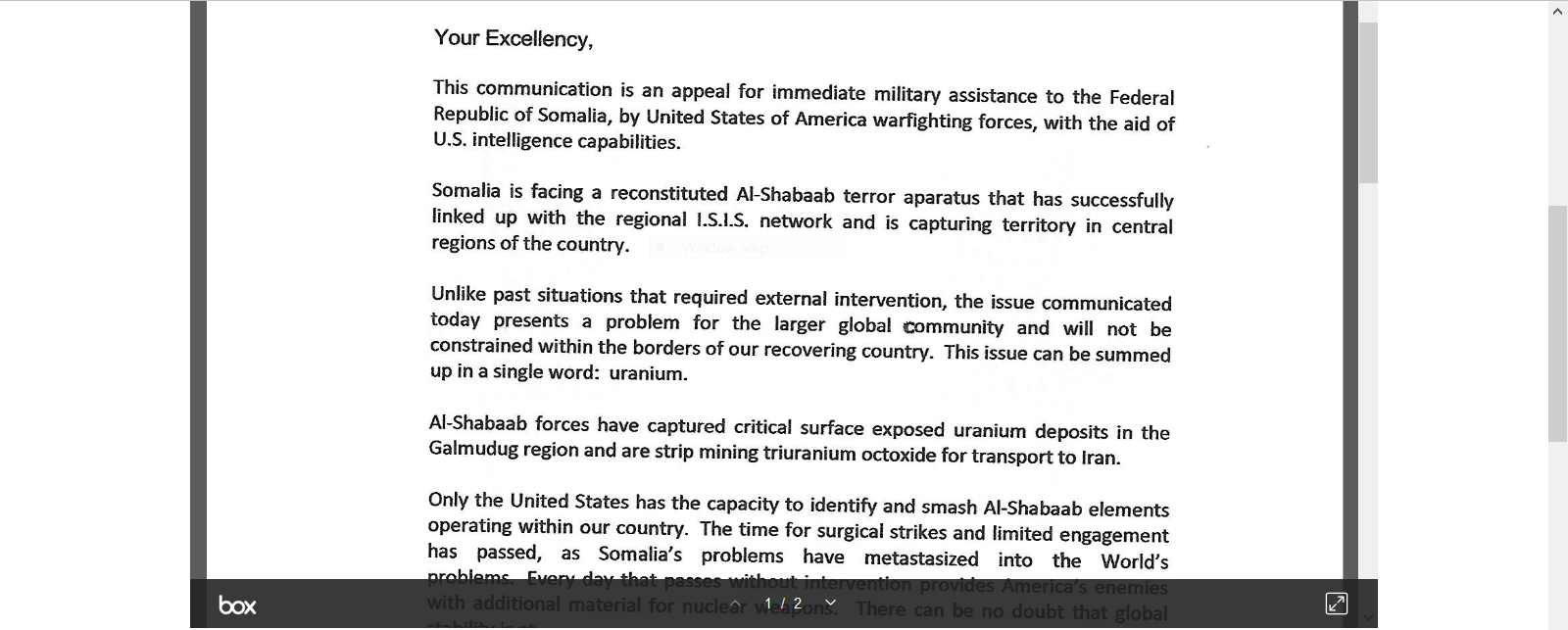



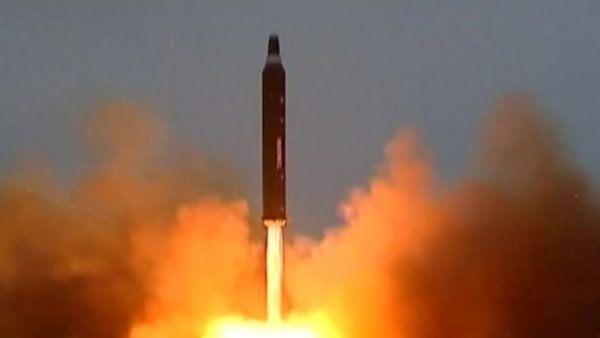
 KCNA has released photos of the HS-12 launch that overflew Japan
KCNA has released photos of the HS-12 launch that overflew Japan